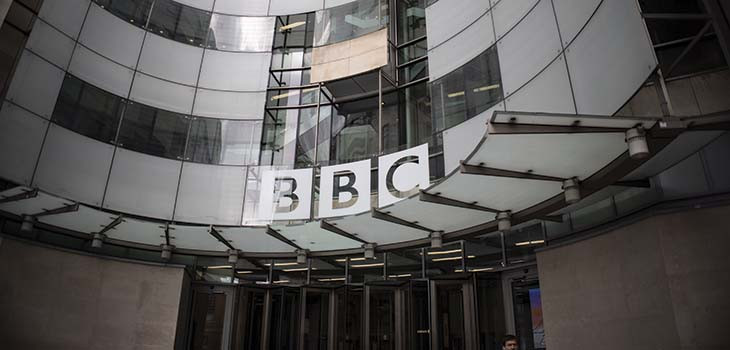
Lineker’s resoluteness under pressure captured the public imagination and cast an unflattering light on the senior management of the BBC. In this week’s NLJ, John Gould, senior partner at Russell-Cooke, looks in depth at the issues involved, in particular the BBC’s duties of impartiality. How is it defined? What does it mean? What core values are involved? Is ‘impartiality’ the right conceptual approach anyway?
Gould writes: ‘As far as I know, Lineker has not yet been asked to anchor Newsnight, and it seems to follow that Lineker’s work only requires him to maintain impartiality in relation to football. There seems to be no problem with current affairs journalists being partial about sport.’










